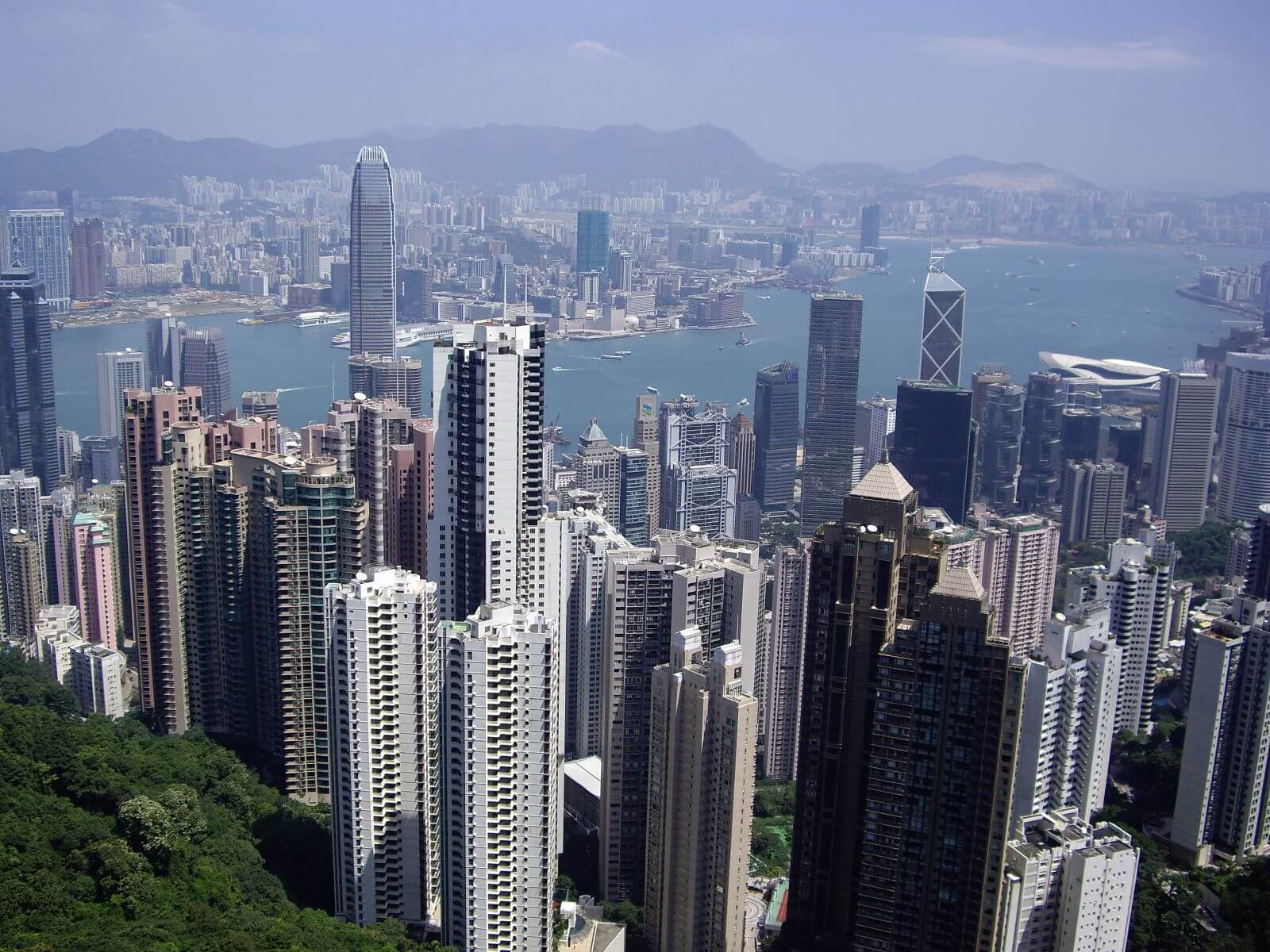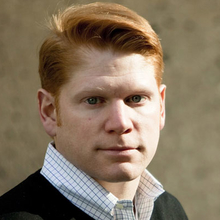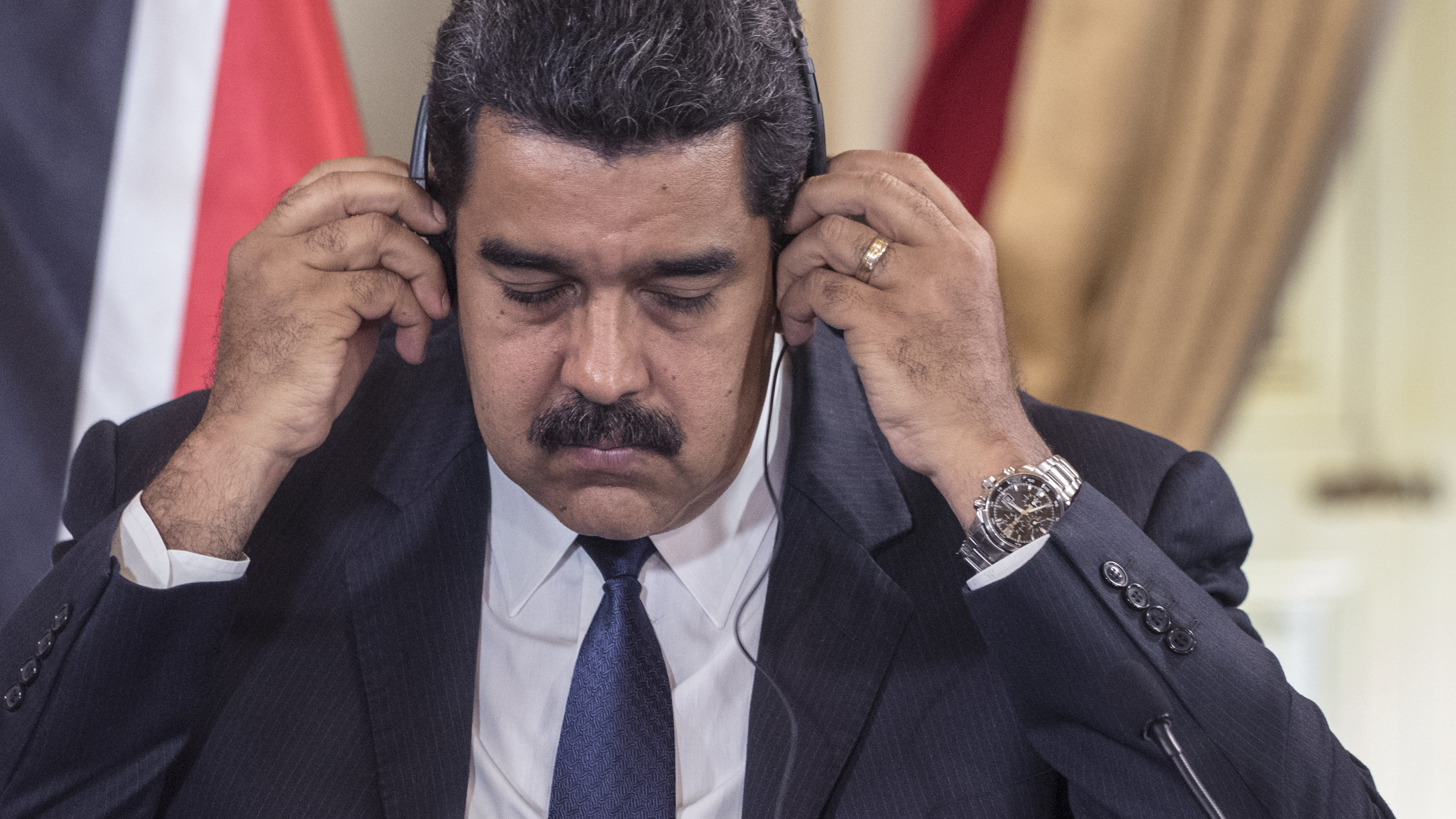In Hong Kong, Another Blow to the Rule of Law
Recent revisions barring foreign lawyers in national security cases call into question Hong Kong’s commitment to its obligations under international human rights law.

The Hong Kong government has delivered yet another blow to human rights and the rule of law. On May 10, the Legislative Council amended the Legal Practitioners Ordinance (LPO) to give the Hong Kong government the authority to bar overseas lawyers from participating in national security cases. The LPO changes were the latest in a series of moves that restrict the rights of defendants under Hong Kong’s 2020 National Security Law (NSL), doing further damage to Hong Kong’s once world-class legal system.
The LPO amendments sprang from the government’s initially unsuccessful attempts to have U.K. barrister Tim Owen barred from the national security prosecution of Jimmy Lai. Lai, the owner of the now-defunct Apple Daily and one of the most high-profile pro-democracy advocates in Hong Kong, is on trial for collusion with foreign forces and sedition. If convicted, Lai, who has been in prison since December 2020, faces the prospect of a lengthy prison sentence, ranging from 10 years to life in prison. The government seems determined to ensure that Lai, who is 75, will spend the rest of his life behind bars.
Before last week’s amendments, the LPO allowed the courts to decide whether foreign counsel should be admitted and generally granted judges broad leeway to admit foreign lawyers on an ad hoc basis. Owen was duly admitted by the courts under the normal procedure. Appeals by the government all the way up to the Court of Final Appeal—Hong Kong’s highest court—failed.
Having exhausted the legal process, the Hong Kong government then asked Beijing to step in and issue an interpretation of the NSL, using its powers under Article 65 of that law. On Dec. 30, 2022, the Standing Committee of the National People’s Congress (NPCSC) did just that. Its interpretation empowered the Committee for Safeguarding National Security (CSNS) to decide such matters in the future. The interpretation also stated that the participation of foreign counsel is a matter pertaining to national security that, under NSL Article 47, must be decided by the chief executive, and not by the courts. Last week’s LPO amendments bring Hong Kong law in line with the NPCSC interpretation.
On May 19, a Hong Kong court quashed an effort by Lai’s local lawyers to challenge the CSNS’s moves to block Owen from taking part in the trial,. The court held that decisions by the CSNS are not subject to judicial review, and brushed aside arguments that Lai’s due process rights had been violated. The ruling likely put an end to Lai’s efforts to win Owen’s participation in his case.
The revisions call into question the Hong Kong government’s commitment to its obligations under international human rights law. As part of its colonial legacy, Hong Kong is a party to the International Covenant on Civil and Political Rights (ICCPR). The U.K. extended the treaty’s protections to Hong Kong in 1976, and Beijing later agreed that those protections could remain in force after the 1997 handover. Under Article 14(3) of the ICCPR, criminal defendants have the right to counsel of their own choosing. In a recent letter to President Xi Jinping, Margaret Satterthwaite, the U.N. Special Rapporteur on the independence of judges and lawyers, expressed concern over the LPO amendments, noting that the changes could infringe NSL defendants’ right to counsel under the ICCPR.
Perhaps even more troubling, the LPO amendments also arguably violate key provisions of Hong Kong’s own constitution, the Basic Law. The role of foreign lawyers in Hong Kong’s legal system is enshrined in Article 94 of the Basic Law, which empowers the Hong Kong government to “make provisions for … lawyers from outside Hong Kong to work and practice in the Region.” This provision should be read in tandem with Basic Law Article 87, which enshrines the right to a fair trial, and Articles 82 and 94, which further tie Hong Kong’s legal system to the broader common law community.
In addition to citing national security concerns, the government argues that most jurisdictions don’t have a foreign counsel mechanism and that individuals tried under the NSL will still have the right to local counsel of their own choosing. The government’s move to treat NSL defendants differently would carry more weight if it had actually articulated a national security rationale that made sense, one that connected genuine national security concerns to the new LPO restrictions on foreign counsel. Instead, the government has treated national security as a blank check, one that, once articulated, allows the government to justify virtually any action, without the need for further explanation.
This argument also ignores the fact that there are very few local lawyers who are willing to take on NSL cases. Many of those who are willing to take on such cases already have their hands full with the cases that are already in process. Going forward, the LPO amendments blocking foreign counsel may serve as a de facto means of restricting NSL defendants’ access to counsel—some newly charged defendants may be faced with the prospect of being defended by a lawyer with ties to the pro-Beijing camp, or no lawyer at all.
If there are no legitimate national security concerns afoot, then why is the government doing this? The most likely answer is simple: control. Foreign lawyers who return home after a case is over are less susceptible to outside pressure and thus can focus their energies on their clients’ cases. Local lawyers—many of whom have done excellent work defending their clients in the NSL cases that have moved forward thus far—will be more wary of the ways that Beijing can make life difficult for defense counsel who cross certain red lines laid down by the Communist Party.
The restrictions on foreign counsel are but the latest in a series of moves by the Hong Kong government and Beijing to restrict due process rights in national security cases. Most prominently, since the NSL went into effect on July 1, 2020, the government has aggressively implemented NSL provisions that limit the right to pretrial release (also known as bail in the U.S. context) and the right to trial by jury. According to data collected by the Georgetown Center for Asian Law, the vast majority of NSL defendants have been denied bail, often for months or even years at a time as they await trial. No NSL defendant has been allowed to exercise his or her right to a jury trial, an unbroken pattern unlikely to change anytime soon.
The government has also taken steps to limit the right to counsel in other, more indirect ways. In November 2021, the government implemented changes to its legal aid scheme that limited legal aid clients’ right to choose their own lawyer. Instead, the legal aid department would assign lawyers to legal aid applicants, unless “exceptional circumstances” dictated otherwise. The move was viewed widely as an effort to limit the right to counsel in national security and other human rights cases for defendants who could not afford their own lawyer. The new rules had an immediate impact: In January 2022, Tong Ying-kit, the first individual convicted of an NSL crime, dropped his appeal. Although Tong has not spoken publicly about his case, many observers believe that his decision to abandon his appeal was linked directly to the legal aid department’s move to assign new lawyers to him after the new legal aid rules went into effect.
The LPO amendments process also sheds a harsh light on the dramatic institutional deterioration of Hong Kong’s legislature. The Legislative Council has never been fully democratic and has always faced several structural shortcomings that limit its ability to serve as a check on executive power. Still, for years after the 1997 handover, many legislators, especially those from the pan-democratic camp, took their lawmaking duties seriously. They closely scrutinized bills prior to passage, regularly offering amendments and in some cases even blocking key government legislative priorities.
Since November 2020, however, after Beijing orchestrated multiple disqualifications of key pro-democracy legislators, the Legislative Council has had almost no political opposition whatsoever. A wide-ranging electoral reform package, passed by the NPCSC in March 2021, ensured that no pro-democratic legislators would make their way back into the body anytime soon. Not surprisingly, since then, the Legislative Council has suffered a dramatic institutional decline: It has become little more than a rubber stamp.
The LPO amendments process is a case in point: The Legislative Council offered no serious amendments to the government’s proposal. Instead, some legislators vied with each other to outflank the government, suggesting that the government’s bill was insufficiently permissive. Legislator Ambrose Lam San-keung, for example, pushed in favor of a total ban on foreign counsel in national security cases, arguing that “there could be oversights” that might put national security at risk. These ostentatious displays of fealty to Beijing aside, the bill moved quickly through the council, moving from introduction to final passage in less than three months. The final vote on the bill was unanimous.
Over the nearly three years since the NSL went into effect, a clear pattern has emerged: The Hong Kong government, often acting at Beijing’s behest, has repeatedly moved to limit due process rights for national security defendants. These efforts have paid off: Thus far, the government has enjoyed a 100 percent conviction rate in national security cases. The amendments to the LPO will likely ensure that this unblemished record remains intact for the foreseeable future. But the symbolism of the move is just as important as its practical impact: Once again, Beijing’s obsessive need for control trumps Hong Kong’s constitutional commitments to human rights and the rule of law. The international community should take note: Beijing’s push to reshape Hong Kong’s legal system in its own image is far from over.



-(1).jpg?sfvrsn=739a73d4_7)
